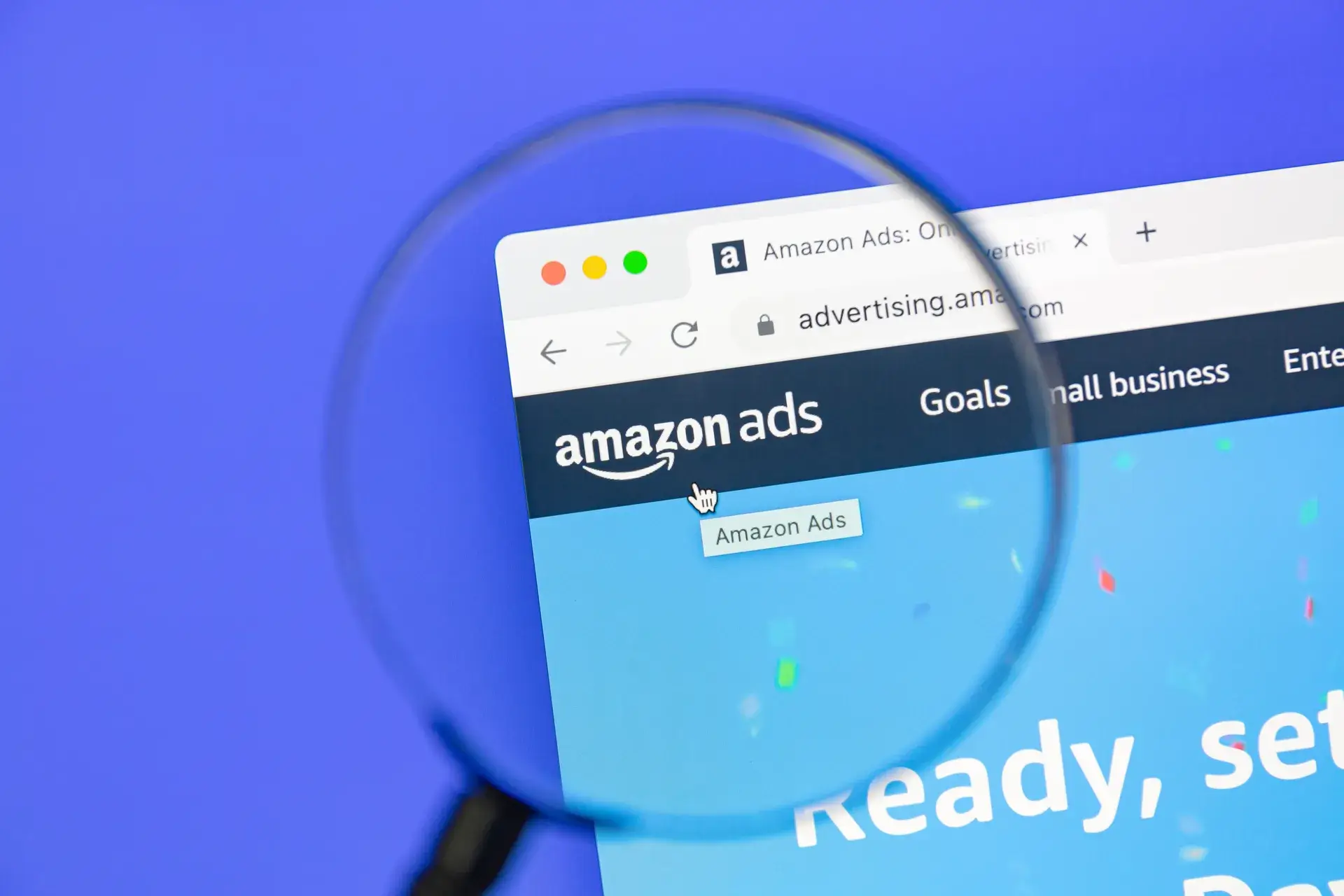Sponsorship marketing is a powerful tool for brands looking to enhance visibility and forge meaningful connections with their target audience. In South Africa, effective sponsorship strategies can elevate a brand’s profile and drive engagement. This article explores various sponsorship marketing strategies tailored for the South African market, offering actionable insights for businesses aiming to leverage sponsorship opportunities effectively.
Understanding Sponsorship Marketing
Sponsorship marketing involves a partnership where a business supports an event, individual, team, or organization in exchange for visibility and promotional opportunities. It enables brands to connect with audiences in an authentic way, leveraging the existing fan base of sponsored entities.
1. Align with the Right Properties
Choosing the right event or organization to sponsor is crucial. Brands should consider:
- Audience Fit: Ensure that the audience of the sponsored property aligns with your target market.
- Brand Values: Look for sponsorships that resonate with your company values and mission.
- Reputation: Partner with reputable and established events or organizations to enhance brand credibility.
2. Create Engaging Activation Strategies
Sponsorship activation is how you engage audiences at the event or through related activities. Effective strategies include:
- Experiential Marketing: Create immersive experiences that allow consumers to interact with your brand.
- Social Media Campaigns: Implement campaigns on social platforms to amplify reach and encourage user-generated content.
- Special Promotions: Offer exclusive deals or contests during the sponsored event to drive engagement and sales.
3. Leverage Local Influencers
Incorporate local influencers who align with your brand to enhance your sponsorship impact. Strategies include:
- Co-Promotions: Collaborate with influencers to promote your sponsorship and engage their followers.
- Meet and Greets: Organize events where fans can meet their favorite local influencers, increasing foot traffic and brand visibility.
4. Measure and Analyze Results
It’s essential to evaluate the effectiveness of your sponsorship marketing efforts. Focus on:
- KPIs: Set clear key performance indicators (KPIs) such as brand awareness, engagement rates, and sales impact.
- Feedback: Collect feedback from participants and assess audience reactions to refine future strategies.
5. Build Long-Term Relationships
Sponsorships can extend beyond a single event. Consider fostering long-term partnerships by:
- Year-Round Engagement: Find ways to maintain engagement with the audience throughout the year, not just during the event season.
- Collaborative Initiatives: Work with sponsored entities on community initiatives or campaigns that enhance both brand and community value.
Conclusion
Sponsorship marketing in South Africa offers significant opportunities for brands to connect with their audience. By selecting the right properties, implementing engaging activation strategies, leveraging local influencers, measuring success, and building long-term relationships, businesses can maximize the impact of their sponsorship initiatives. At Prebo Digital, we specialize in helping brands navigate the landscape of sponsorship marketing. Ready to elevate your brand’s presence? Contact us today to explore partnership opportunities!







